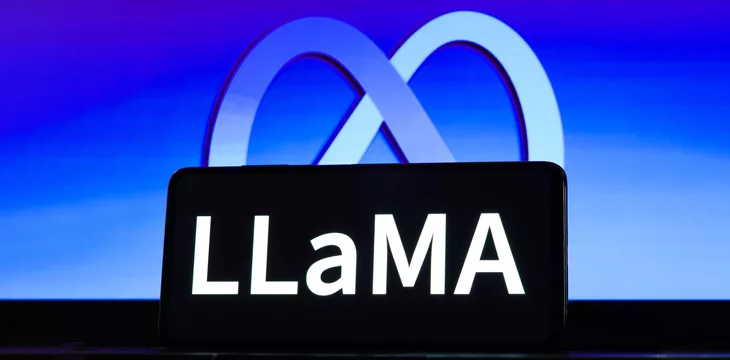|
Getting your Trinity Audio player ready...
|
Meta (NASDAQ: META) has announced the release of an artificial intelligence (AI) project designed to improve the workflow for programmers.
Dubbed Code Llama, the offering is a significant language model (LLM), which Meta says can “use text prompts to generate and discuss code.” Code Llama will be free for research, personal, and commercial use under its original Llama2 community license, according to a statement.
Meta says the new AI tool has several use cases, including code completion and debugging via natural language prompts. The tool supports several leading programming languages, including Java, PHP, C#, and Python.
Code Llama will be released in three sizes—7 billion, 13 billion, and 34 billion parameter sizes. Meta recommends the 7B and 13B models for usage in tasks requiring low latency but notes that the 34B model offers better coding assistance despite its requirement for several GPUs.
“Code Llama has the potential to be used as a productivity and educational tool to help programmers write more robust, well-documented software,” Meta said.
As an added layer of functionality, Meta announced the launch of two Code Llama variations—Code Llama Python and Code Llama-Instruct. The launch of a specialized variation for Python is based on Meta’s belief that the programming language “is the most benchmarked language for code generation.”
Experts say that Meta’s decision to make its AI tool free to use is a corporate strategy to close the gap between it and industry leaders like OpenAI and Google (NASDAQ: GOOGL). At the moment, OpenAI and Google control a large chunk of the generative AI market, given their first-mover advantage. Still, Meta’s open-source strategy could reap dividends for the company and the broader ecosystem.
“Publicly available, code-specific models can facilitate the development of new technologies that improve peoples’ lives,” read Meta’s statement. “By releasing code models like Code Llama, the entire community can evaluate their capabilities, identify issues, and fix vulnerabilities.”
In July, Meta unveiled the commercial rollout of its LLM to rival ChatGPT and Bard after recording early successes with researchers and academics.
Forging ahead despite setbacks
Meta has been in the eye of the storm following allegations of copyright infringement in the training of its AI models as it navigates the murky waters of compliance. Despite claims of IP violations, Meta teamed up with Microsoft (NASDAQ: MSFT) to “bring generative AI experiences to customers across different platforms.”
As the Big Tech firm juggles a foray into innovative technologies like AI and the metaverse, it has repeatedly restated its commitment to a consumer-centric approach. However, privacy concerns continue to trail its AI offerings as regulators scramble to roll out legislation for the sector.
Watch: AI, ChatGPT, and Blockchain – CoinGeek Roundtable with Joshua Henslee

 03-01-2026
03-01-2026 




